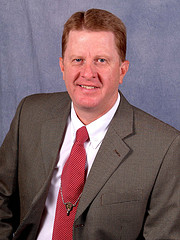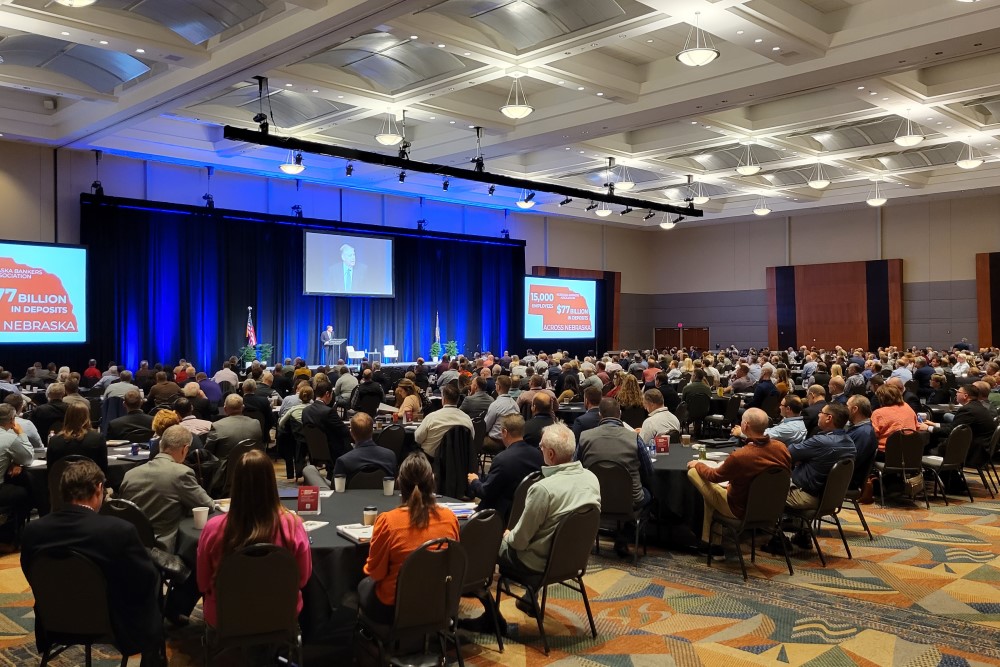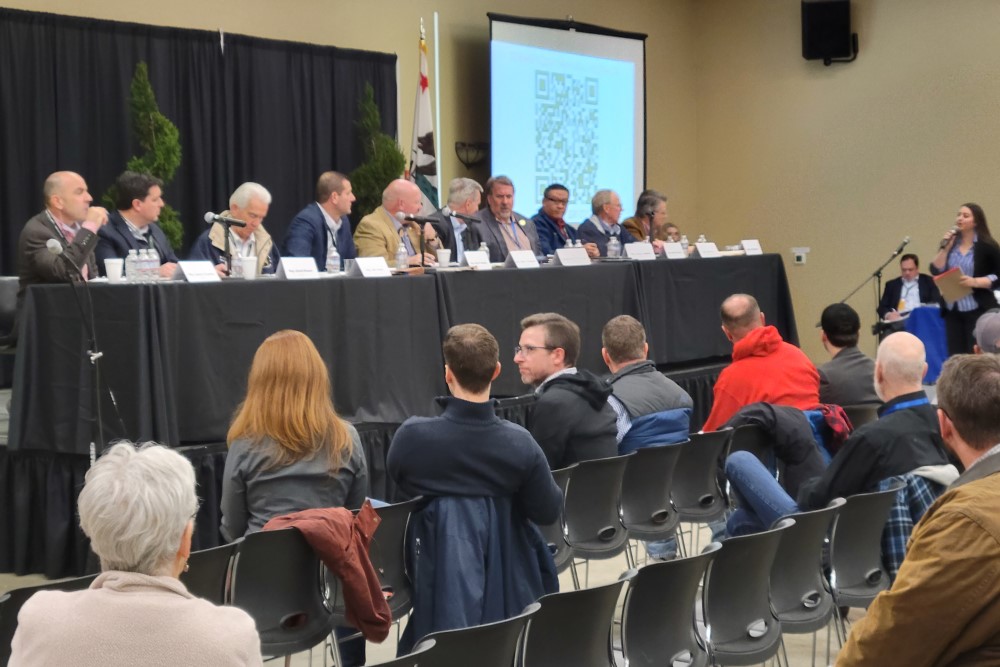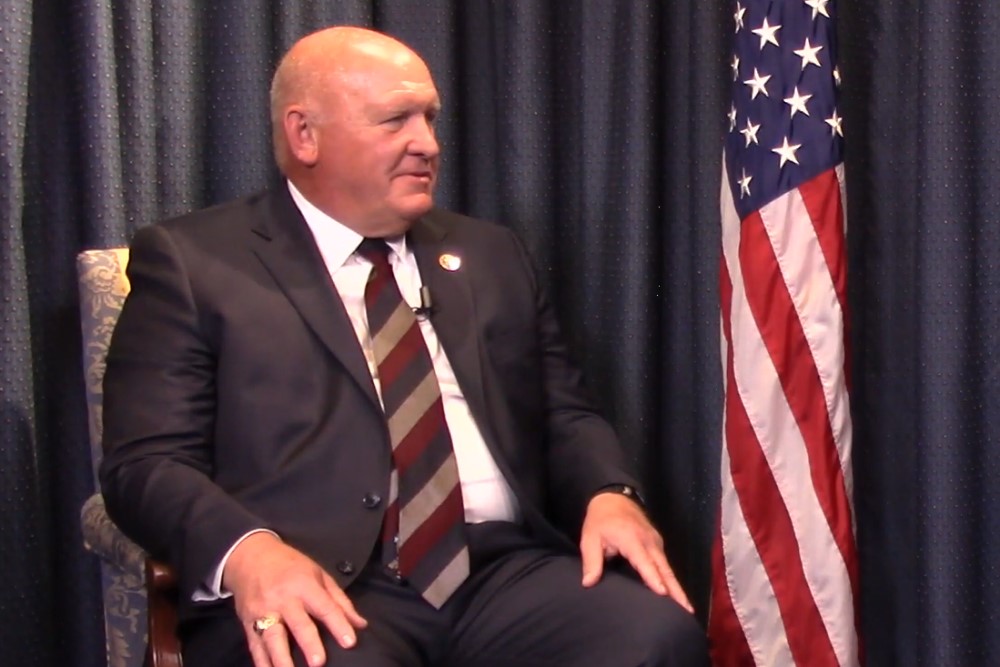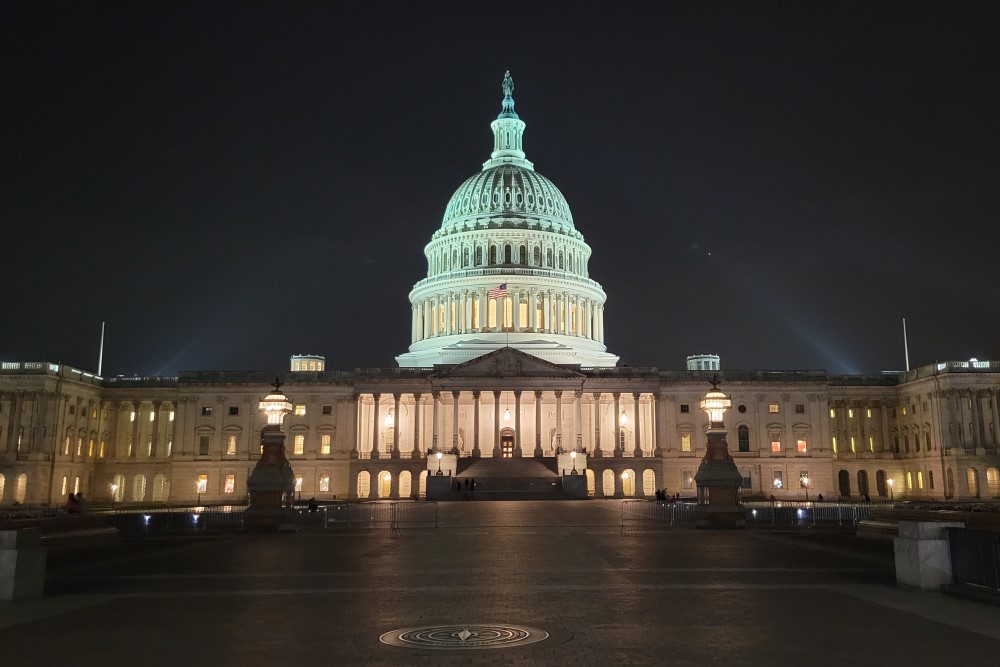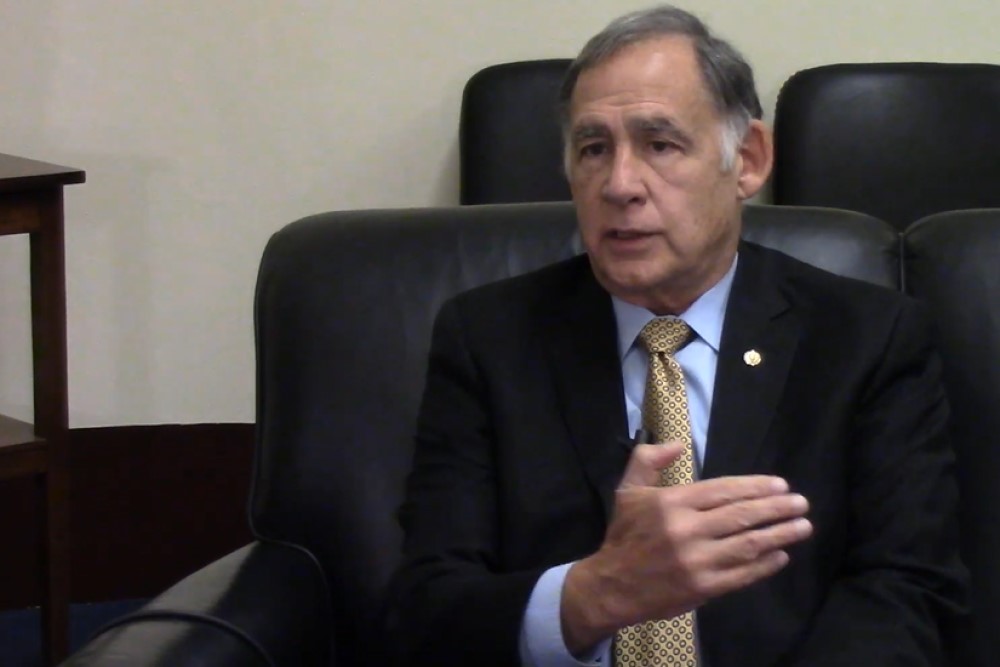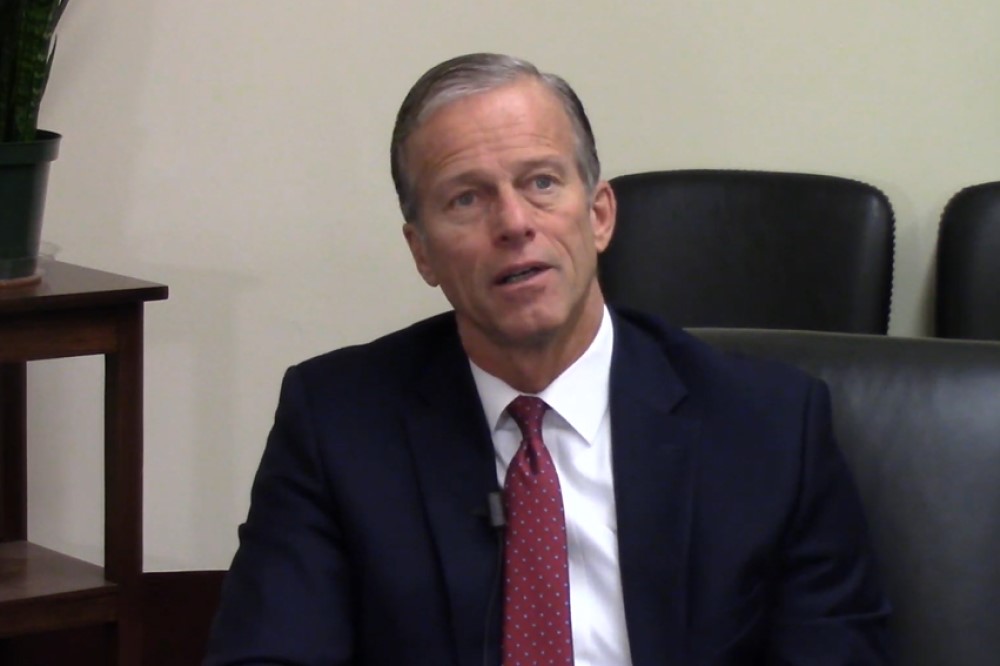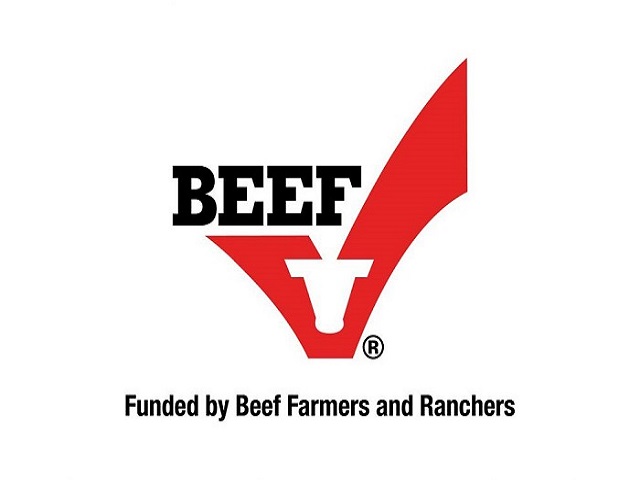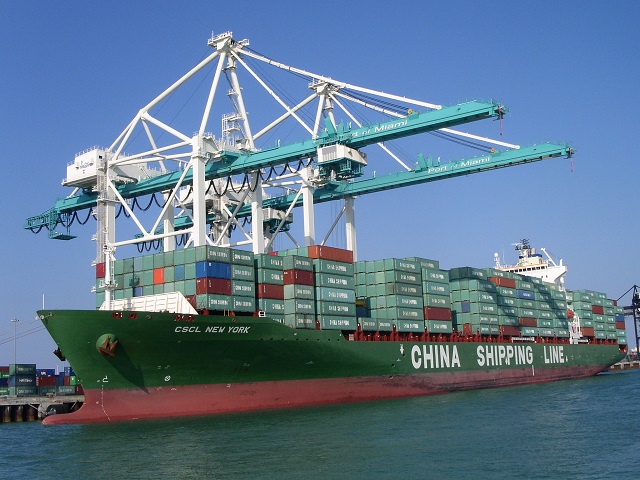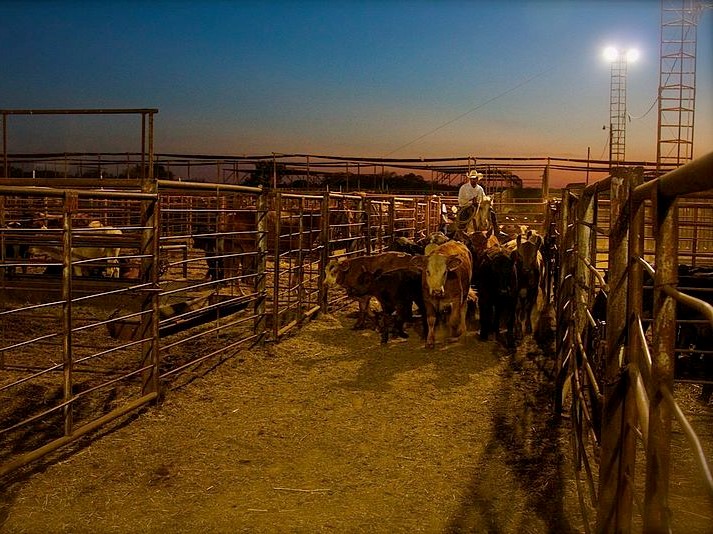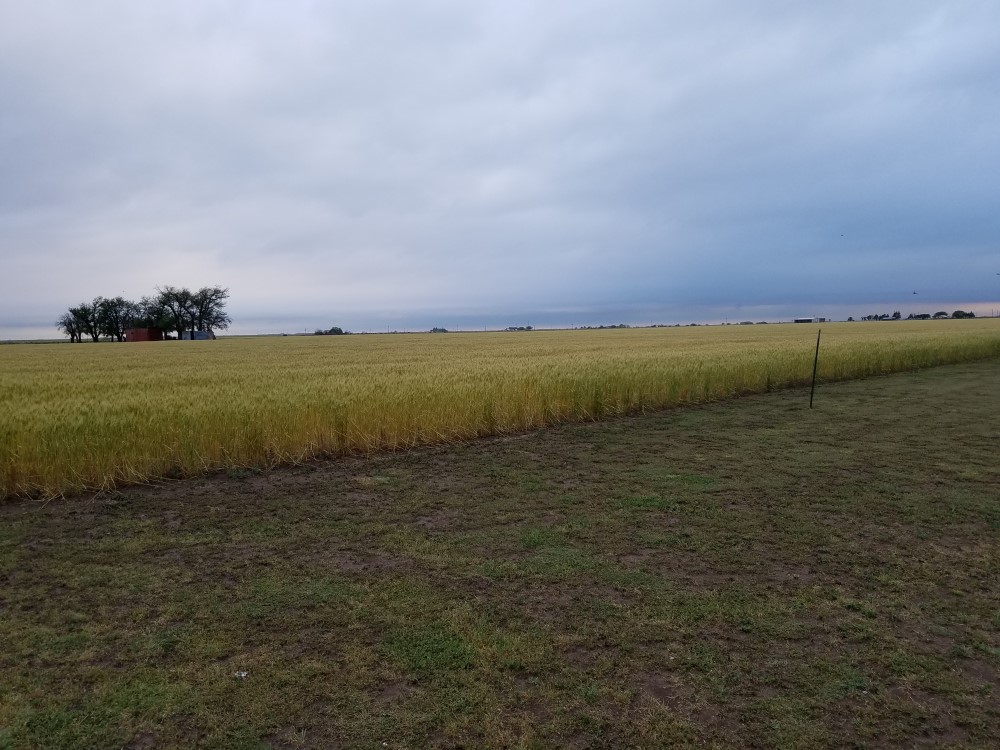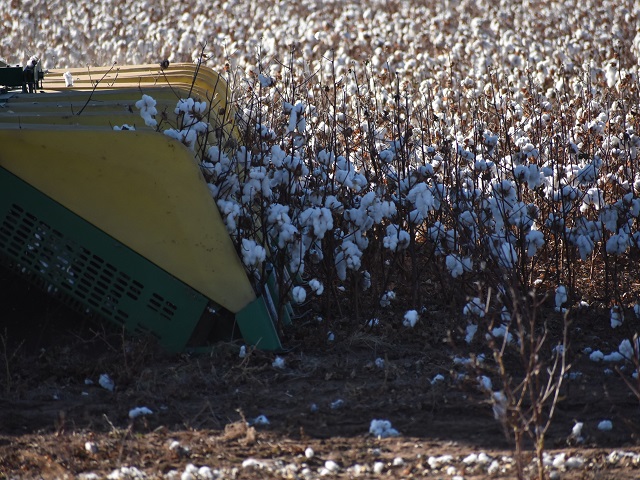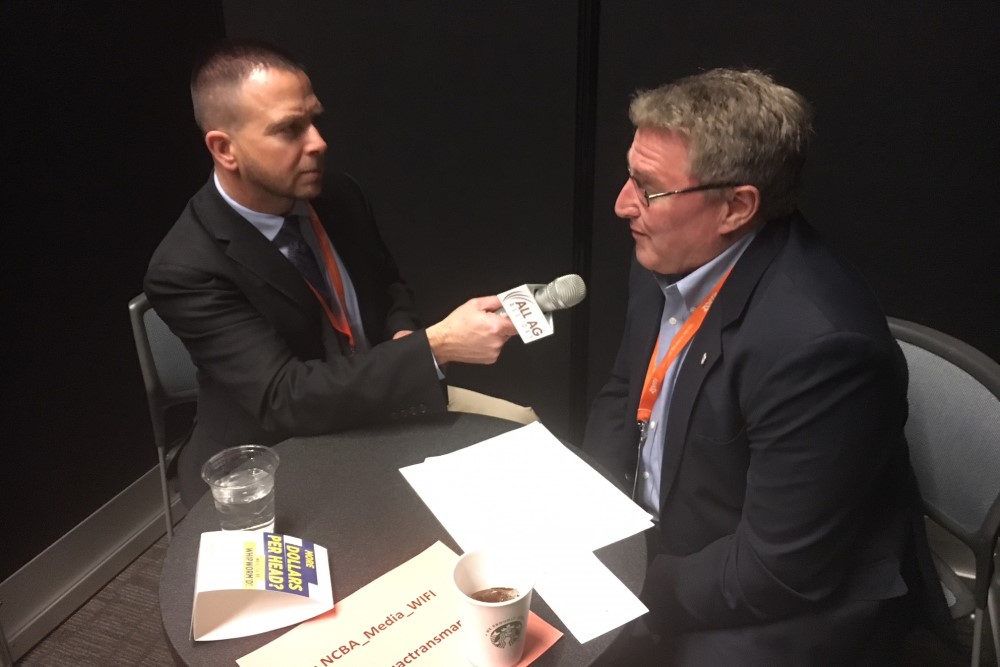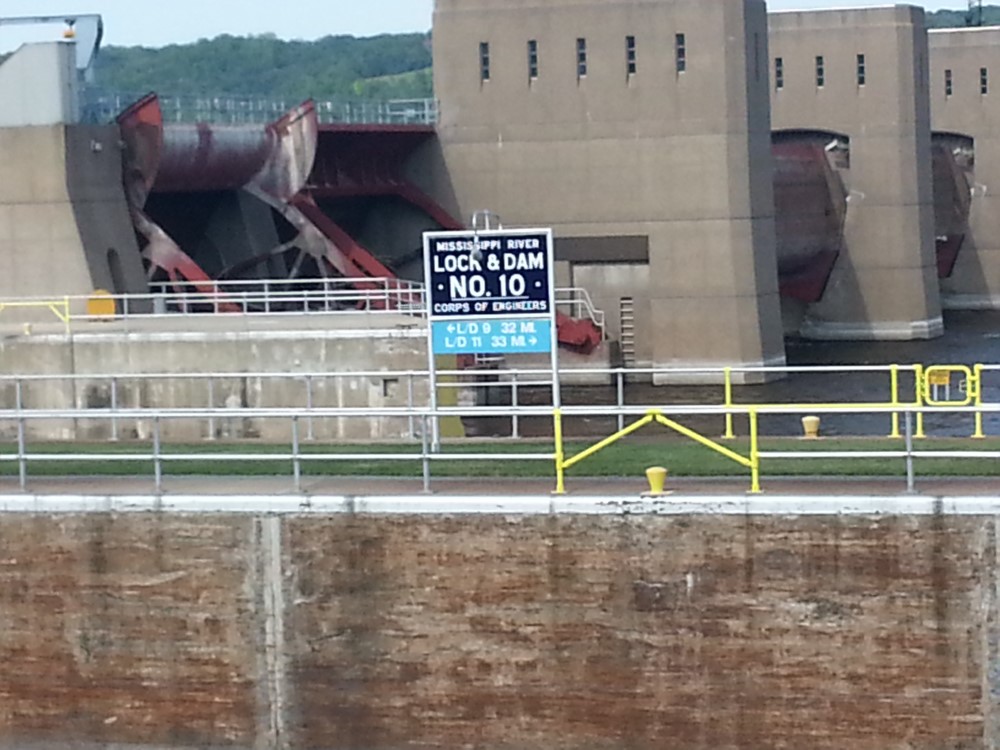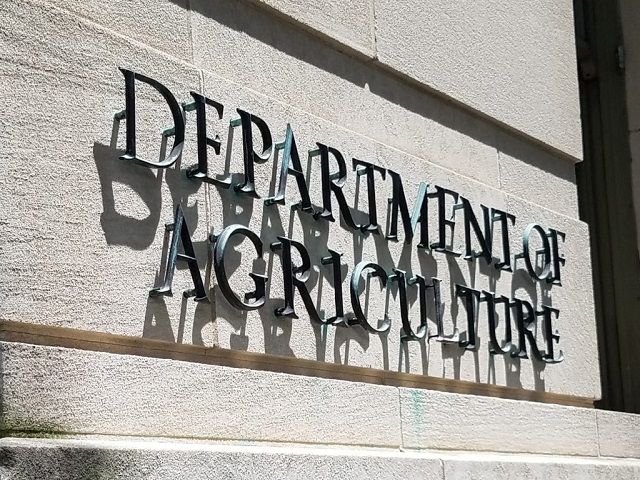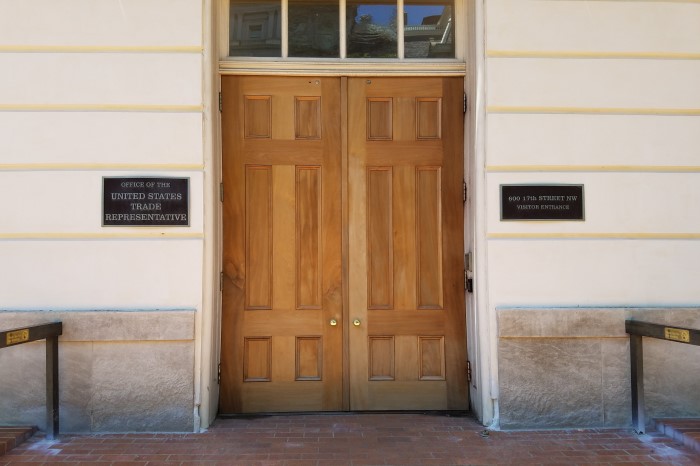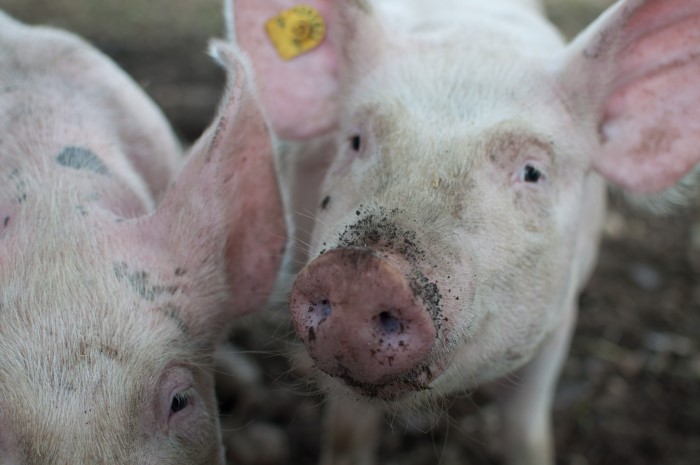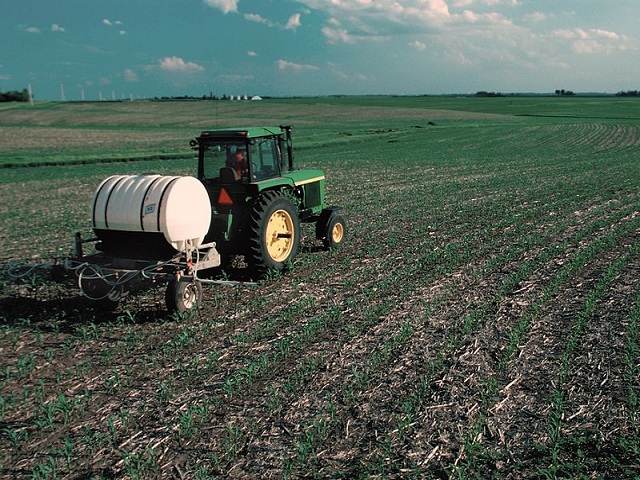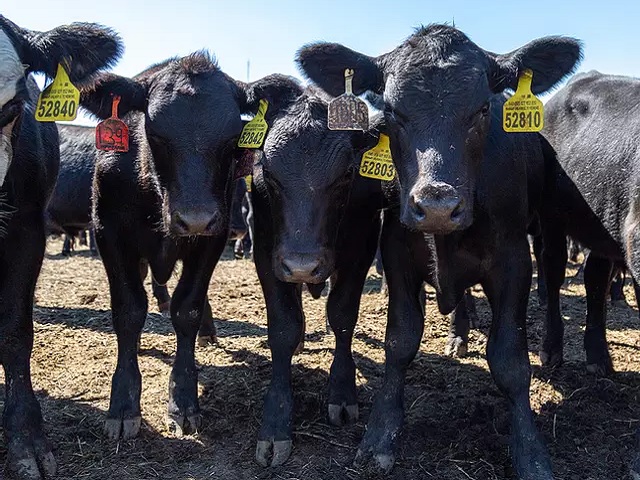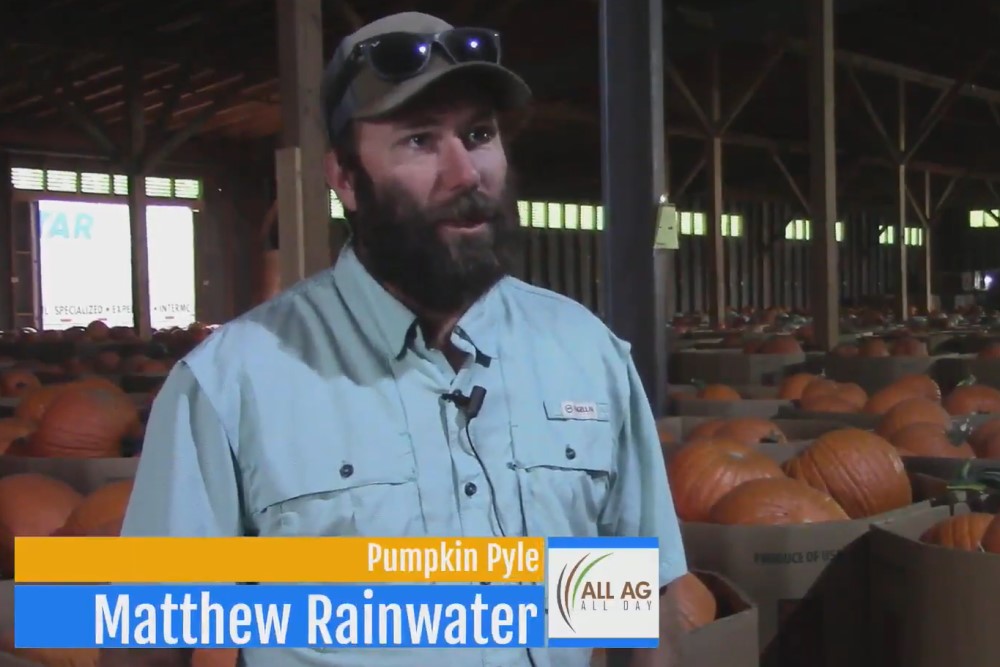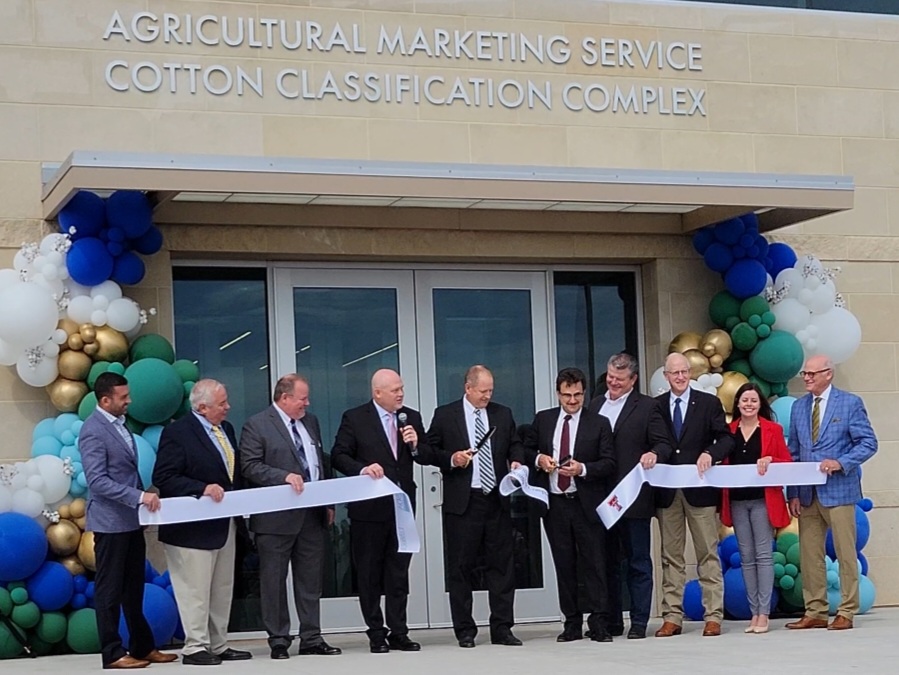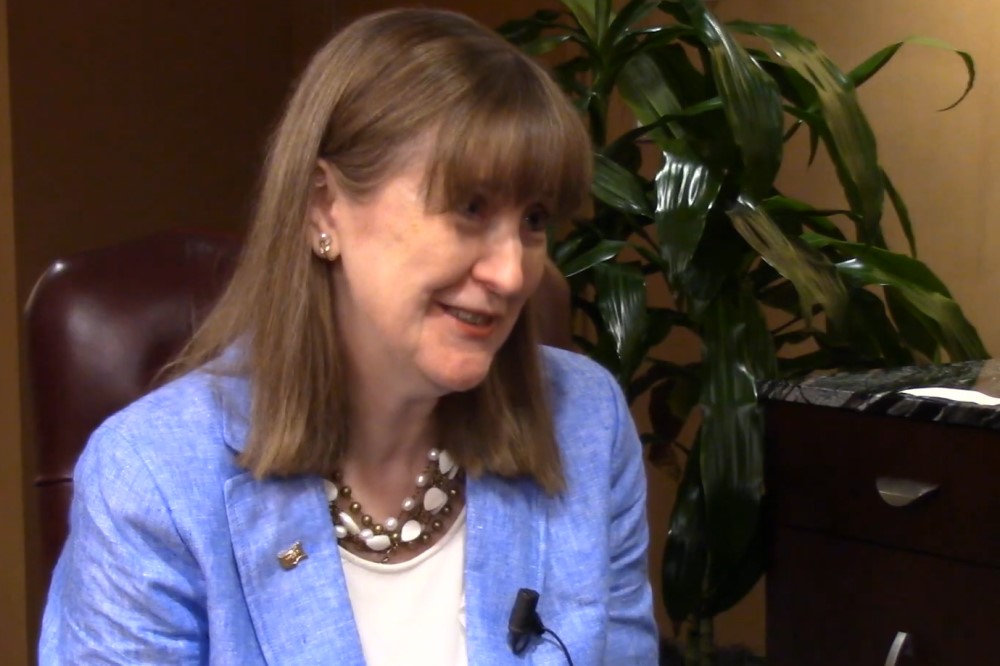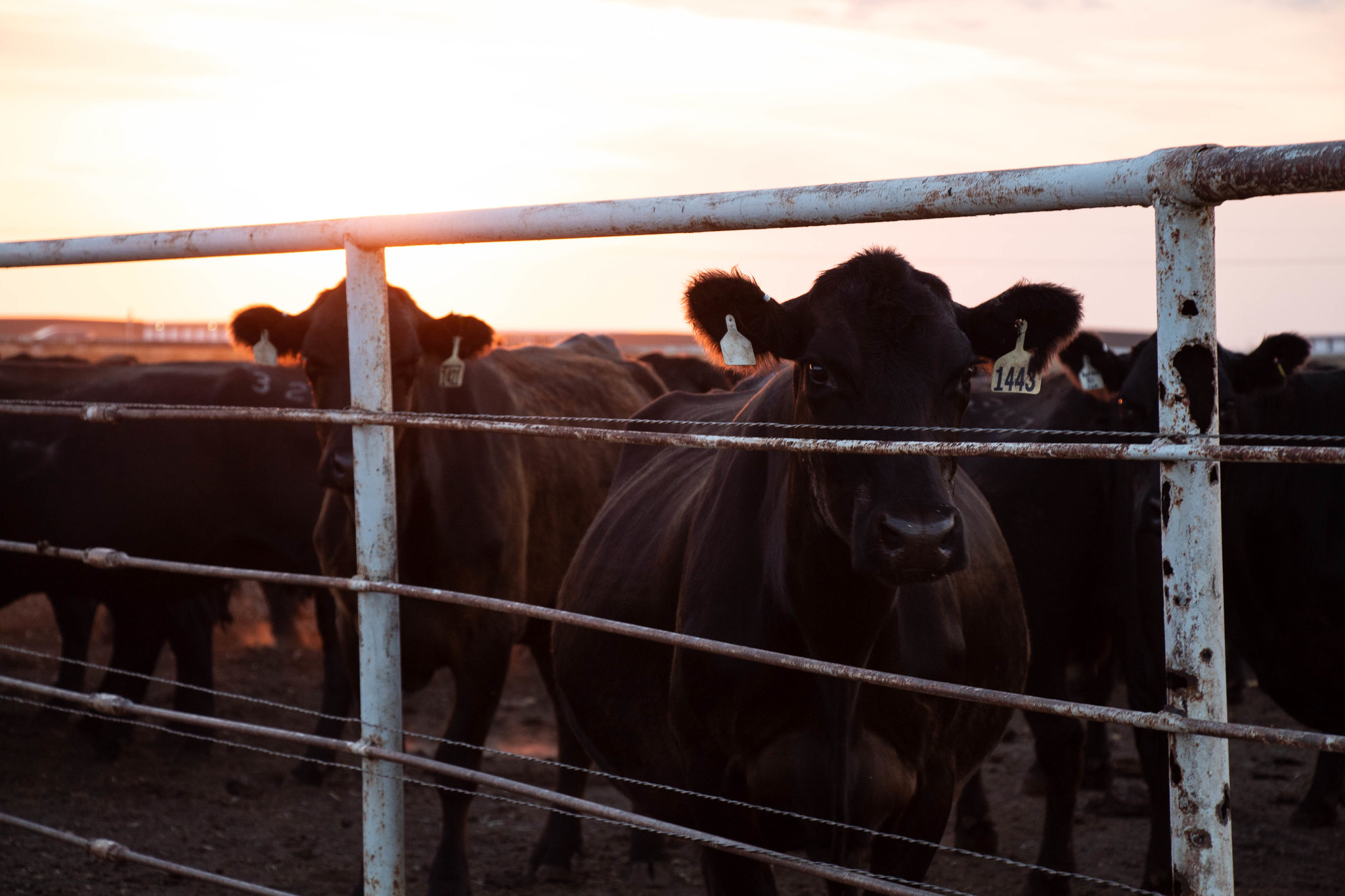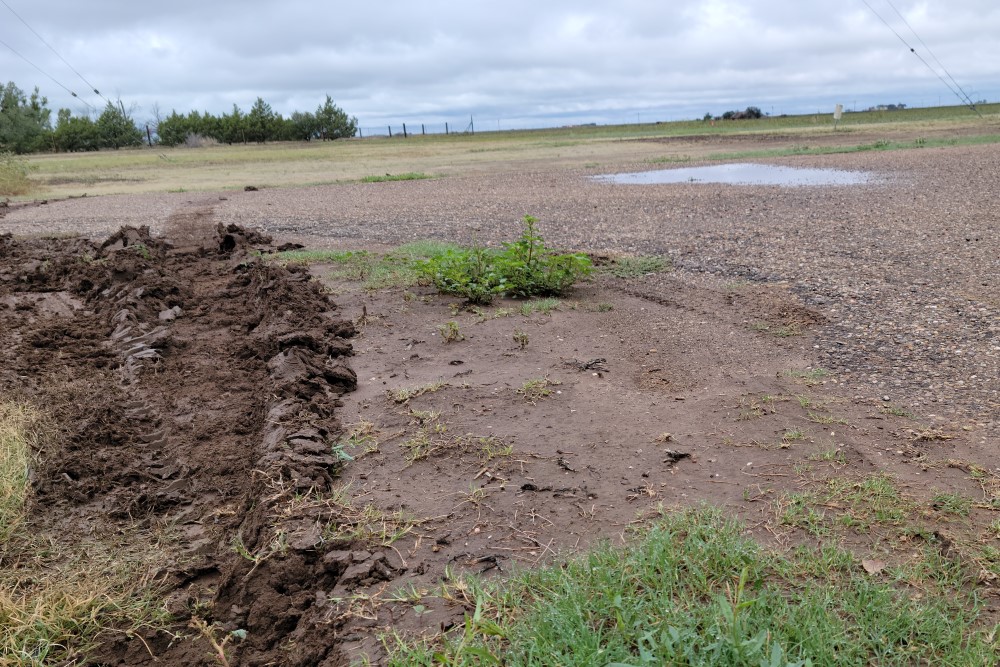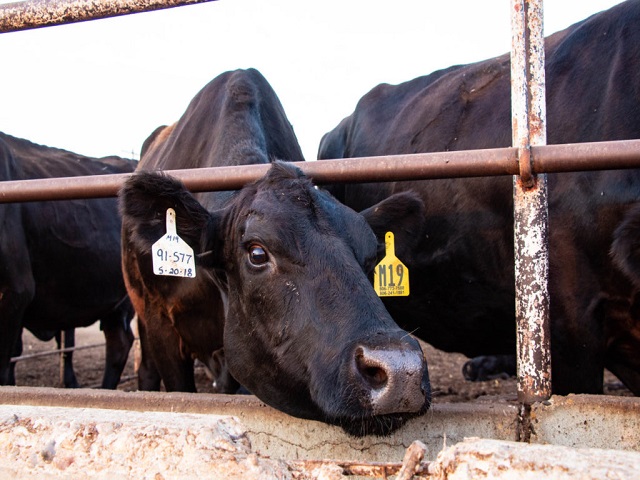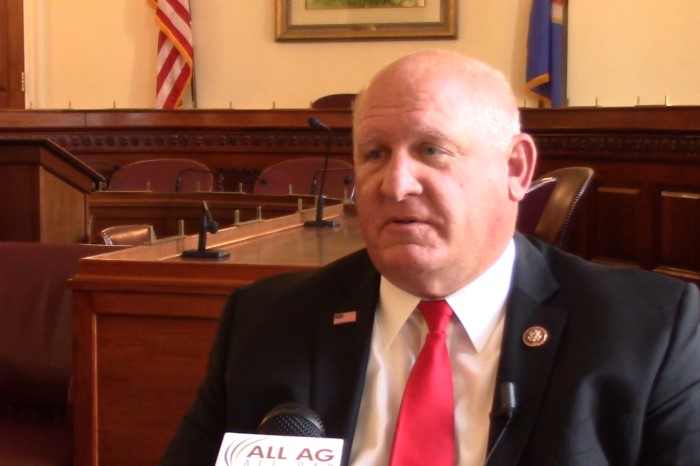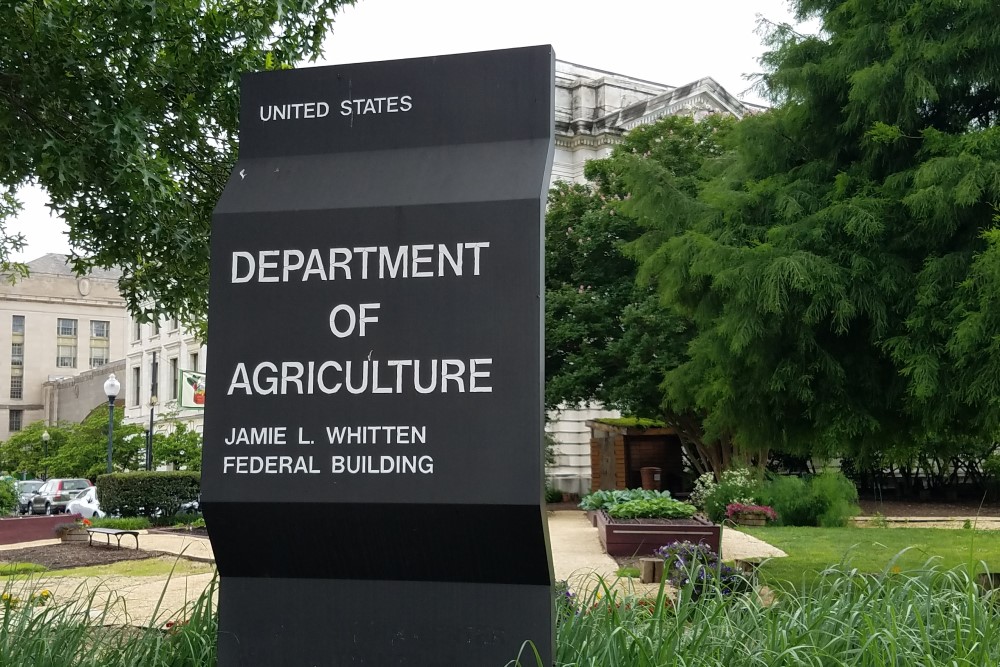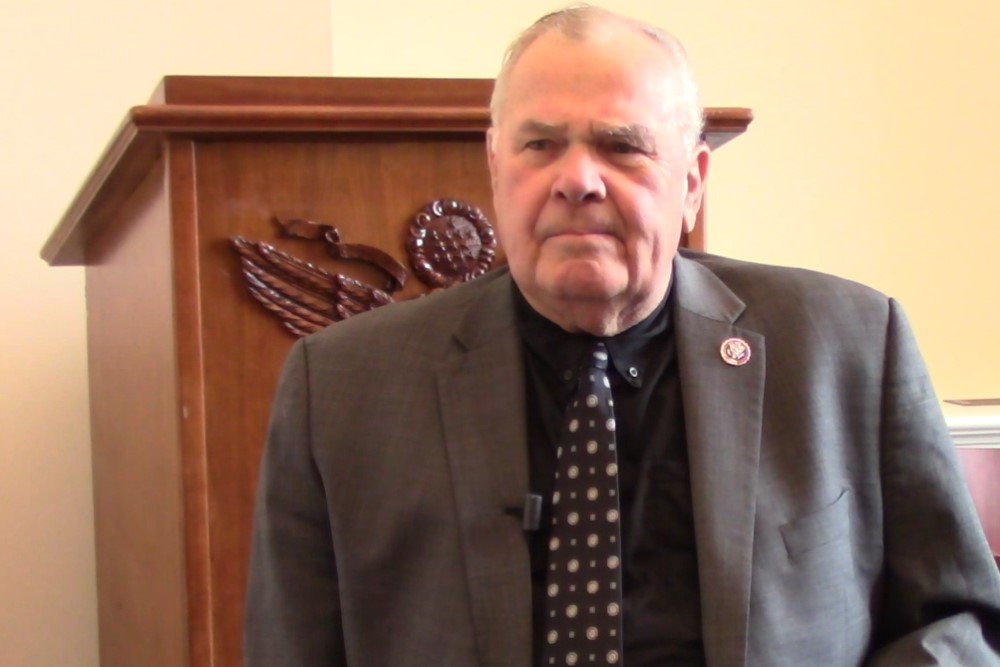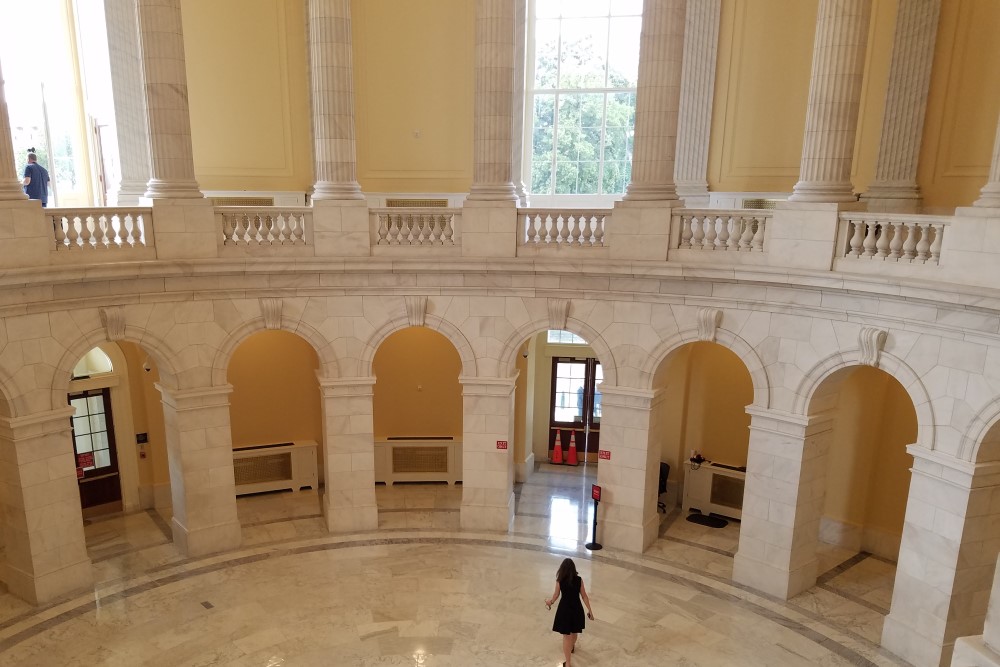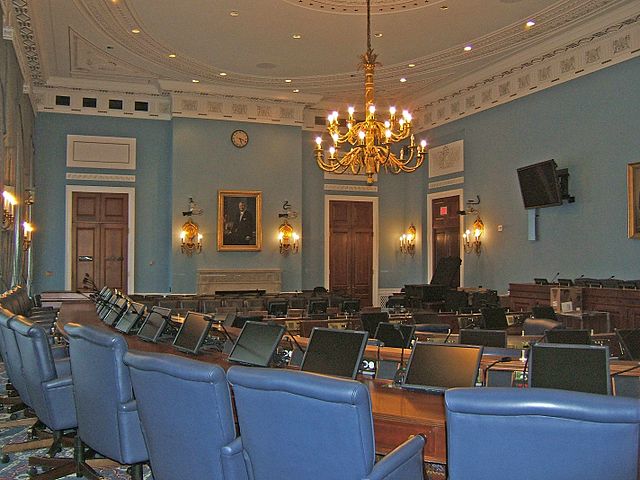House Ag Committee Hearing Focused on Climate Change
WASHINGTON, DC – American Farm Bureau Federation President Zippy Duvall told lawmakers on Thursday that farmers are part of the solution to climate change. Testifying in front of the House Agriculture Committee he explained that farmers and ranchers are already making an impact, as agriculture accounts for one-tenth of all greenhouse gas emissions in the United States. “Over the last two generations, we’ve been able to increase productivity 287 percent without using any more resources” Duvall explained. From methane digesters on livestock farms to planting practices that result in less disruption of the soil, “we are currently looking for partners to build on the achievements that we’ve already made.” The new Chairman of the Committee, Rep. David Scott (GA-D), told members that climate change represents, without a doubt, “the greatest challenge before us.” Over the past century, long-term changes in weather patterns have driven major changes across the globe, including the very landscapes that support these sectors. Since 1880, the average global temperature has increased about 2 degrees Fahrenheit and have accompanied changes in rainfall patterns and more frequent climatic extremes. The new Ranking Member, Rep. GT Thompson (PA-R) countered saying “the climate is changing, the Earth’s temperature is rising, and I trust the science that global industrial activity has contributed to the issue (and) reducing global emissions is what we should be pursuing. But the apocalyptic narrative of the world coming to an end within the decade is not evidence based and it is not supported by science.” Thompson also reminded members that the United States has led the world in reducing emissions, reducing carbon emissions more than the next twelve emissions reducing nations combined. Quoting the head of the International Energy Agency who said that over “the last 10 years, the emissions reduction in the United States has been the largest in the history of energy.” He concluded by saying the question isn’t whether or not climate change is real, or whether to reduce emissions or not, the question is how to best approach it.
(SOURCE: All Ag News)



